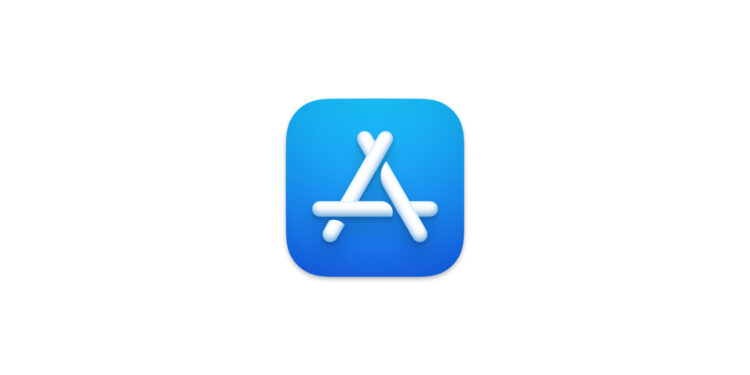Apple has again weighed in on its long-running legal battle with Epic Games. In a response filed with the Ninth Circuit Court of Appeals, the company claims that the recent court order amending its App Store rules is unconstitutional. Specifically, it requires developers to allow the inclusion of purchase links to external websites without restrictions and without fees. Apple considers this rule an impermissible expansion of the original injunction—and a dangerous precedent that could extend far beyond the case.
The dispute between Apple and Epic Games has been raging through the US courts for years. It began with Epic's attempt to circumvent Apple's app store fees. This developed into a fundamental conflict over platform control, intellectual property, and the question of whether Apple binds its developers to overly strict rules. With the recent decision by Judge Yvonne Gonzalez Rogers in April 2025, Epic seemed to have won a major victory. But Apple refuses to accept this ruling, arguing that it is both economically and constitutionally untenable.
The original arrangement
Back in 2021, Gonzalez Rogers ruled that Apple must allow developers to include links in their apps that direct users to online purchase options. This was intended to provide developers with an alternative to mandatory in-app purchases in the App Store. However, Apple was not required to implement this requirement until 2024. When the company introduced the changes, it continued to charge a fee of between 12 and 27 percent on purchases made through such links. Epic Games viewed this as a violation of the court order. The judge followed this view and accused Apple of willfully violating the injunction. In April 2025, a much stricter order was issued: Apple was required to allow links without fees and without influence on their design. The ruling was a clear victory for Epic and other developers who had long complained about high fees in the App Store.
Apple's arguments against the new rules
Apple appealed, emphasizing in its response that the fees of 12 to 27 percent and the implemented design specifications corresponded to the original order. The April ruling, however, is an impermissible expansion. In Apple's view, the court overemphasized the "spirit" of the order and disregarded its actual terms. A key issue for Apple is the unconstitutionality of the new rules. The company argues that the detailed specifications regarding the design and formatting of links amount to compelled communication. This forces Apple to transmit messages that it itself does not intend to endorse – a violation of the First Amendment. Furthermore, Apple sees this as an unconstitutional expropriation. The zero-commission rule deprives the company of the right to demand compensation for its intellectual property. Apple makes it clear that this is not about arbitrary fees, but about protecting copyrighted technologies.
Dispute over the scope of the judgment
Apple is particularly critical of the fact that the order is general and applies to all developers in the App Store. Epic is the only plaintiff in the case, but competitors such as Spotify, Microsoft, and Amazon also benefit from the regulation. From Apple's perspective, the ruling goes beyond its intended scope. The company points to a Supreme Court ruling in Trump v. Casa. This ruling stipulates that courts may not issue injunctions that go beyond those required to remedy a plaintiff's specific harm. Apple argues that requiring all linked purchases from any developer does not benefit Epic in any way and is not necessary to remedy the harm caused. Instead, third parties would benefit at Apple's expense.
The current situation in the App Store
Apple is currently obligated to allow all developers in the US to include links to external purchase options without restrictions and without fees. This means that apps can currently link to external platforms such as music streaming service websites or online retailers without Apple charging a commission. However, if the appeals court rules in Apple's favor, this situation could change again. It would then be possible for Apple to reintroduce fees for transactions via links or impose stricter design requirements. For developers, this would mean that the freedom they have currently gained may not be permanent.
Apple in the tension between business model and constitutional law
The Apple v. Epic Games case demonstrates how complex the interplay between platform power, developer interests, and constitutional law has become. For Apple, it's about protecting its own business model and fundamental rights, while developers want to benefit from greater freedom and lower costs. The Ninth Circuit Court of Appeals must now clarify whether the latest injunction is lawful or whether Apple has actually been restricted beyond what is legally permissible. The outcome could not only reshape the App Store but also have far-reaching consequences for the entire digital economy. (Image: Apple)
- UK continues to demand global access to iCloud data
- Apple warns of delays due to new CMA rules in UK
- PayPal data theft: Millions of login details on the darknet
- Germany: Apple is not allowed to call Apple Watch climate neutral
- Elon Musk sues Apple and OpenAI: Dispute over the App Store





